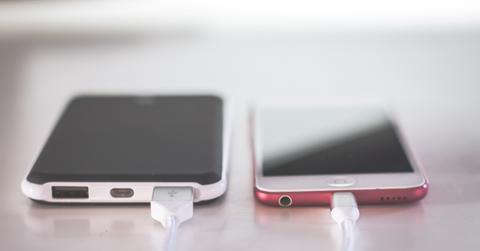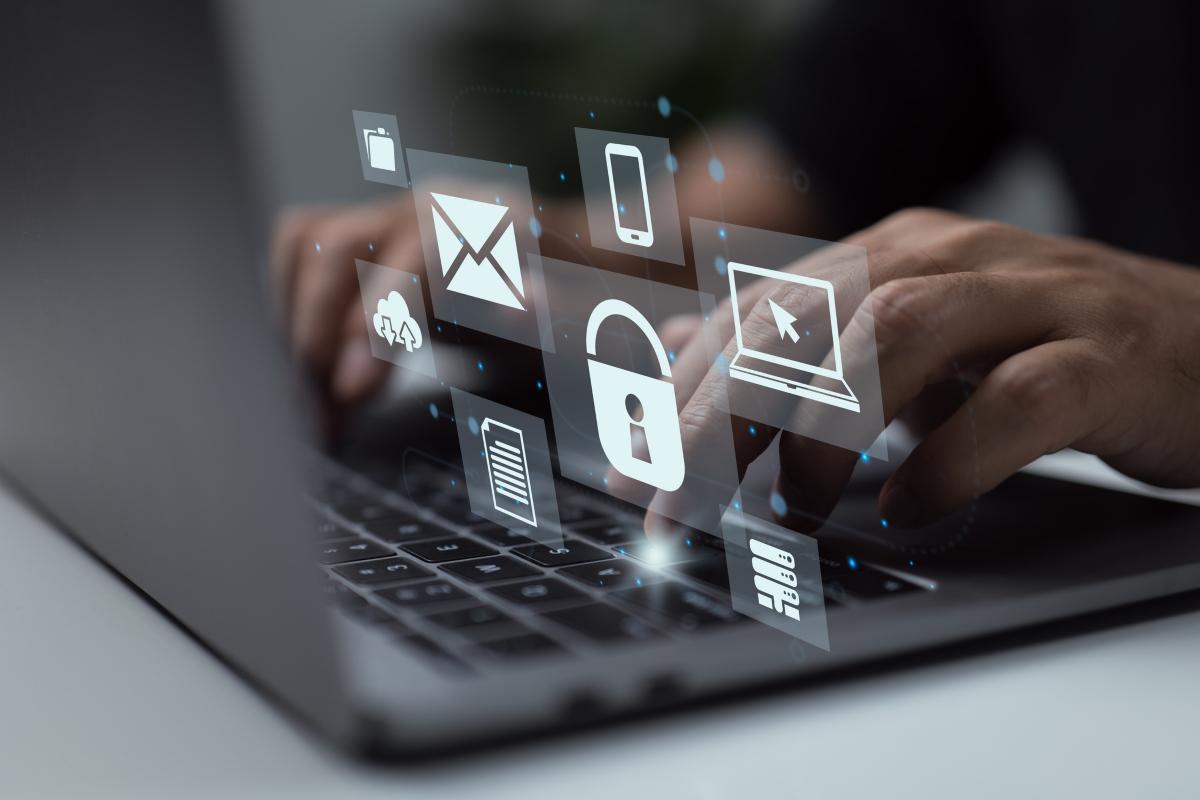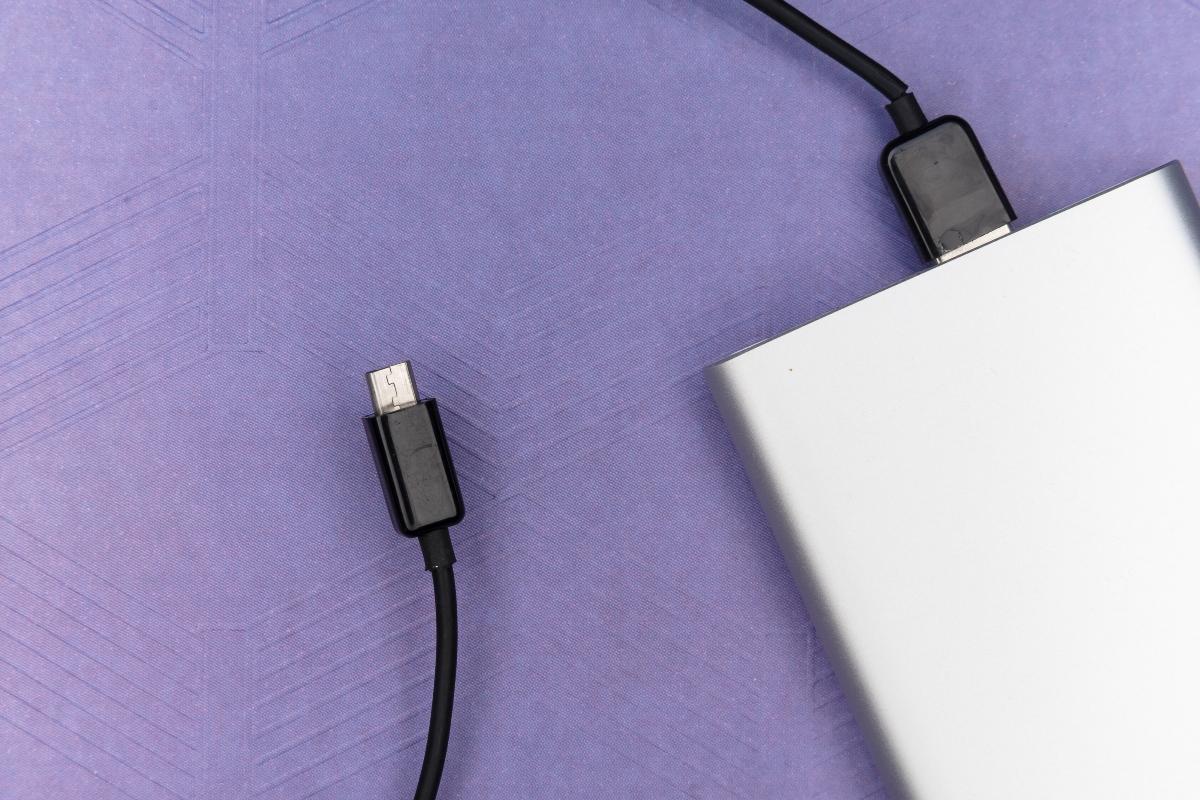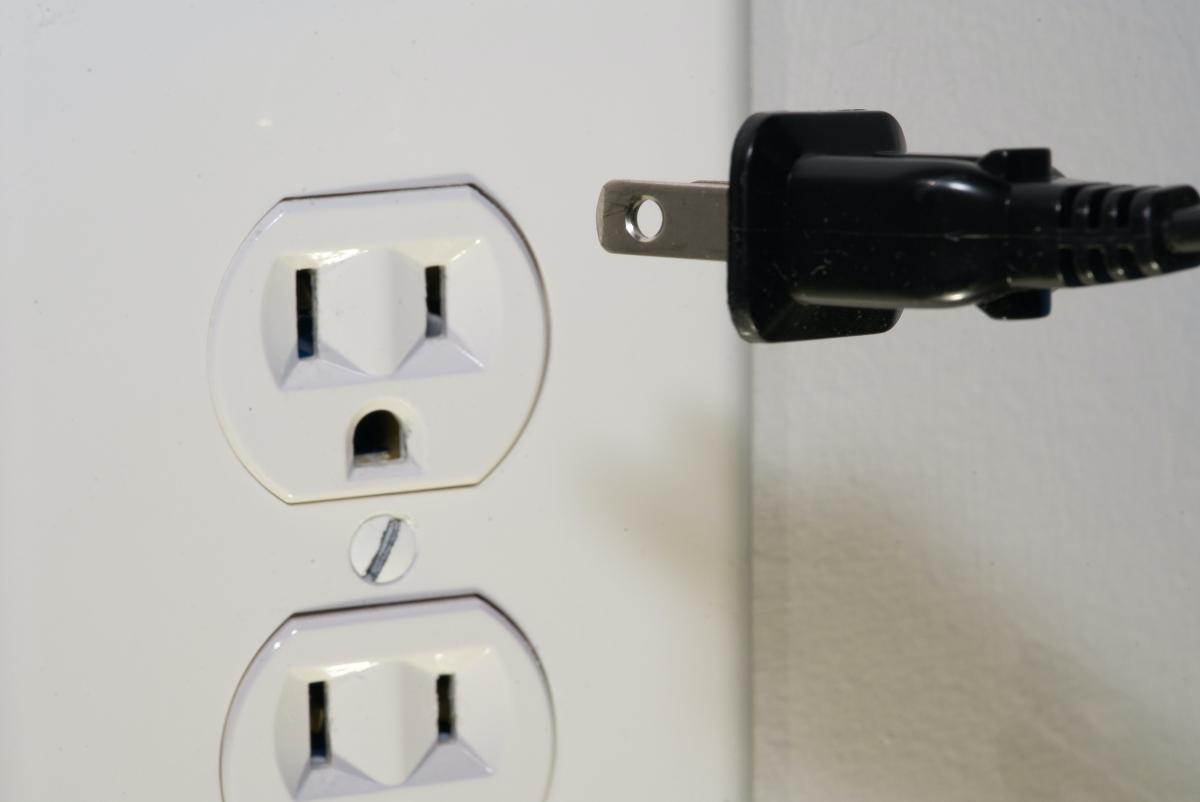FBI Warns About Using Public Phone Charging Stations
The FBI has warned consumers not to use public phone charging stations. This caution is based on FCC guidance against "juice-jacking."
April 11 2023, Published 1:33 p.m. ET

If you're someone who appreciates the convenience of public USB ports for charging purposes in places like airports and train stations, you should think again about using that service. Here's why the FBI warns about using public phone charging stations for cell phones, and what you can do as an alternative.
The FBI is reminding consumers that while public phone charging stations may seem helpful, bad actors are increasingly using them as a means to infect devices with malware. As CNBC reported, the FBI recommends instead bringing along your own charger and a USB cord, then using an electrical outlet rather than a USB charging port.

Why are public charging stations dangerous?
The FBI isn't the only organization urging consumers to back off from using public phone charging stations. The Federal Communications Commission (FCC) has warned in the past of the dangers of public chargers, and continues to do so. The FCC says using these free public devices could result in "juice-jacking."
Juice-jacking is a cybertheft strategy that could enable criminals to load malware onto public charging stations. Once the malware is installed on your device, they can access your device — and sensitive information contained on it — while it's charging. The FCC says that using a "dirty port" could result in your device being locked, your data or passwords being exported to the bad actor, and even your data being sold to another bidder.
The FCC warns that sometimes bad actors simply leave cables plugged in at these free charging stations, and if you aren't thinking, you could simply plug in your phone and end up losing data or access.

Here's how you can protect your data and your phone while traveling.
Since many of us need frequent access to charge our devices, it's important to know what your safest options are. The FBI warns not to use public phone charging stations via USB, but you can still charge your device in a public place like an airport or hotel lobby.
The FCC provides these tips to protect your phone and avoid becoming a juice-jacking victim:
- Don't use a USB charging station. Stick to AC power outlets only in public spaces.
- Bring your own AC, car chargers, and USB cables whenever you travel to avoid having to use possibly infected devices.
- Carry an external battery or portable charger.
- Use a trusted supplier to get a charging-only cable, which protects against data being sent or received while charging.

Consider these tips for general data protection.
Consumers today have to be vigilant about protecting their personal information, such as address, Social Security number, bank account logins, PINs for various accounts, and more. Since it's likely that much of your data is stored on your cell phone, be sure to follow the FTC's guidelines for protecting your phone from hackers.
First, be sure to lock your phone and have settings for how only you or a trusted individual can unlock it. This may be with a six-digit passcode, and there are also options for unlocking with a scan of your retina, face, or fingerprint.
Be sure to set up automatic updates to the phone's operating system. This is a good way to hedge against any potential security threats, as a non-updated device may be slower to catch or block security threats.
Next, it's crucial to back up your data regularly. You can back up data to the cloud or your personal computer at regular intervals to ensure no important data is lost in the event that your phone is lost. You may be able to also set up a "find my phone" feature that helps track down your phone if you've lost it or someone stole it.
